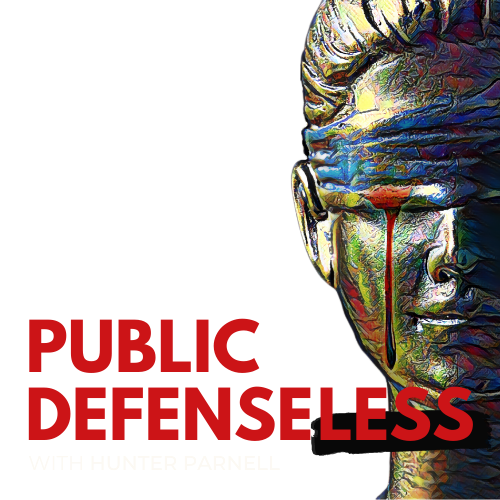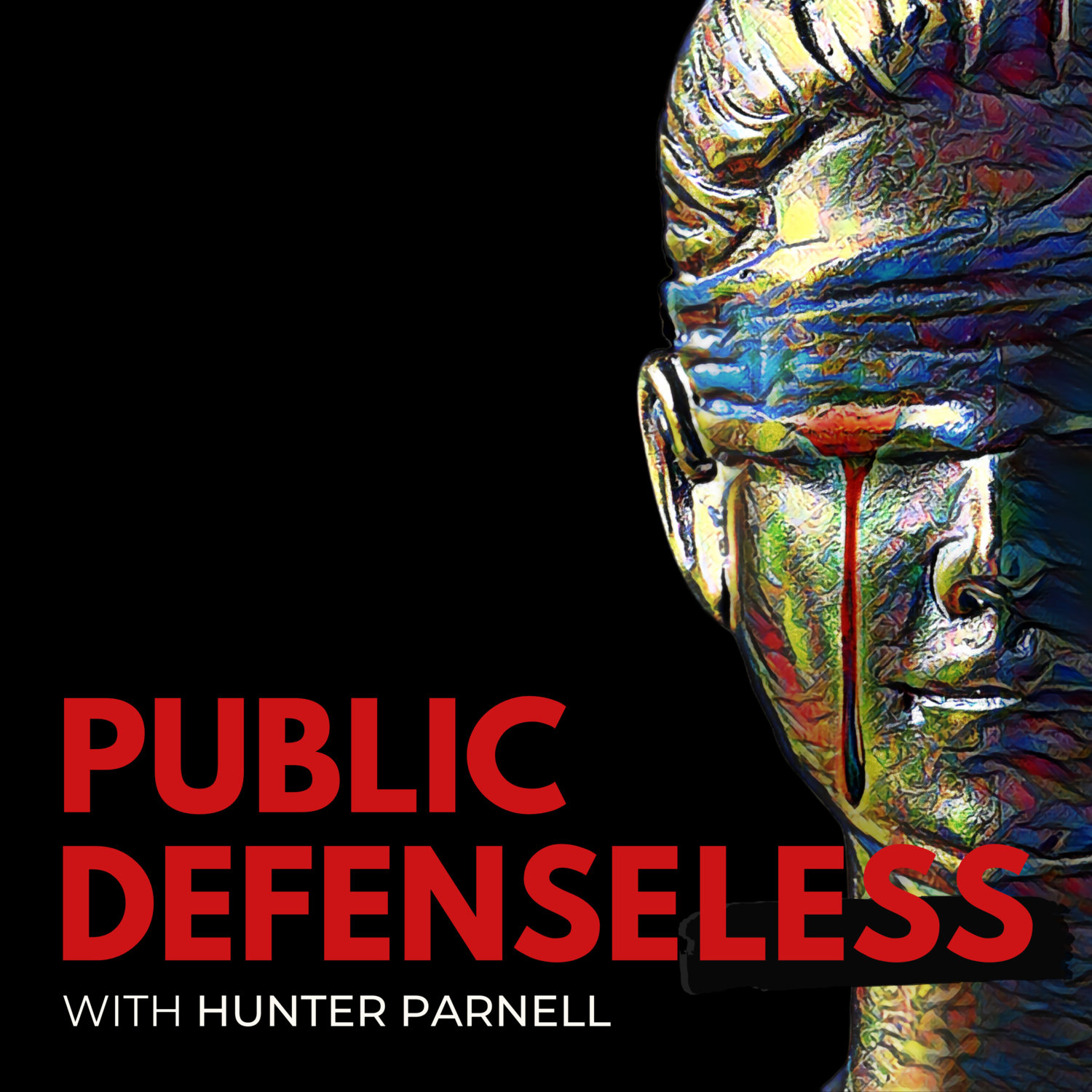The New York Law Giving a Second Chance to Criminalized Domestic Violence Survivors w/Elizabeth Isaacs
Today, Hunter continues the three-part series on criminalized domestic violence survivors by speaking with Elizabeth Isaacs, an appellate attorney with New York’s Office of Indigent Legal Services. Specifically, the two discuss the Domestic Violence Survivor’s Justice Act, a New York law designed to give post-relief to those whose incarceration is related to their victimization. While certainly not a perfect bill, it is an extremely important and necessary step to understand that people are not simply victims or perpetrators, and that we can attain justice while also acknowledging the humanity of those who did wrong.
Guests:
Elizabeth Isaacs, Appellate Attorney, NY Office of Indigent Legal Services
Resources:
NYILS Website
Survivors Justice Project
Background Material on the DVSJA
·
Video: Background on DVSJA passage (somewhat dated)
· Some Legislative History (attached):
o 2017 sponsor memo
o Opposition letter by District Attorney Association of the State of New York
o NY Correctional Association response to DA opposition letter
· SJP DVSJA Resource Guide – we wrote this with incarcerated survivors/applicants as the primary audience
· SJP/Sentencing Project Report
· Abby Van Buren article on temporal nexus problem
· Favorable decisions:
o Brenda WW decision (“mutually abusive” relationship did not foreclose DVSJA relief; abuse history must be considered cumulatively; considered applicant’s extensive criminal history in context of her substance abuse, which was related to victimization)
o Patrice Smith decision (court must look at the “full picture” and contemplate cumulative impact of abuse)
o Liz L. decision (the fact that DV history was “factored in” to previous man 1 plea bargain did not make DVSJA resentencing inappropriate)
· Not so favorable:
o People v. Williams (abuse or abusive relationship must be “ongoing” at the time of the offense)
o People v. Fisher (adopting Williams’ temporal holding in case where trans-identifying young person had assaulted her parents, and no expert was called to attempt to explain connection between earlier physical abuse and offense)
o People v. B.N. (many bad holdings/antiquated approach to DV and trauma)
· People v. Addimando – a study in contrasts (note that Nicole Addimando was finally released from prison last week):
o Trial court decision (denying DVSJA relief at initial sentencing for murder 2 in a case with extensively documented abuse; sentencing Nicole Addimando to 19-to-life)
o Appellate decision (reversing and resentencing her to 7.5 years)
· Critique of the DVSJA by Survived & Punished
Some very optional reading, but good-to-know-about resources created by the DVSJA Statewide Defender Task Force:
· Best Practices Manual for DVSJA Investigations
· Guide to Working with Experts in DVSJA cases
· Introduction Guide to Coercive Control for the DVSJA Attorney
Contact Hunter Parnell:
@PublicDefenselessPodcast
@PDefenselessPod
Subscribe to the Patron
www.patreon.com/PublicDefenselessPodcast
Donate on PayPal
https://www.paypal.com/donate/?hosted_button_id=5KW7WMJWEXTAJ
Donate on Stripe
https://donate.stripe.com/7sI01tb2v3dwaM8cMN

